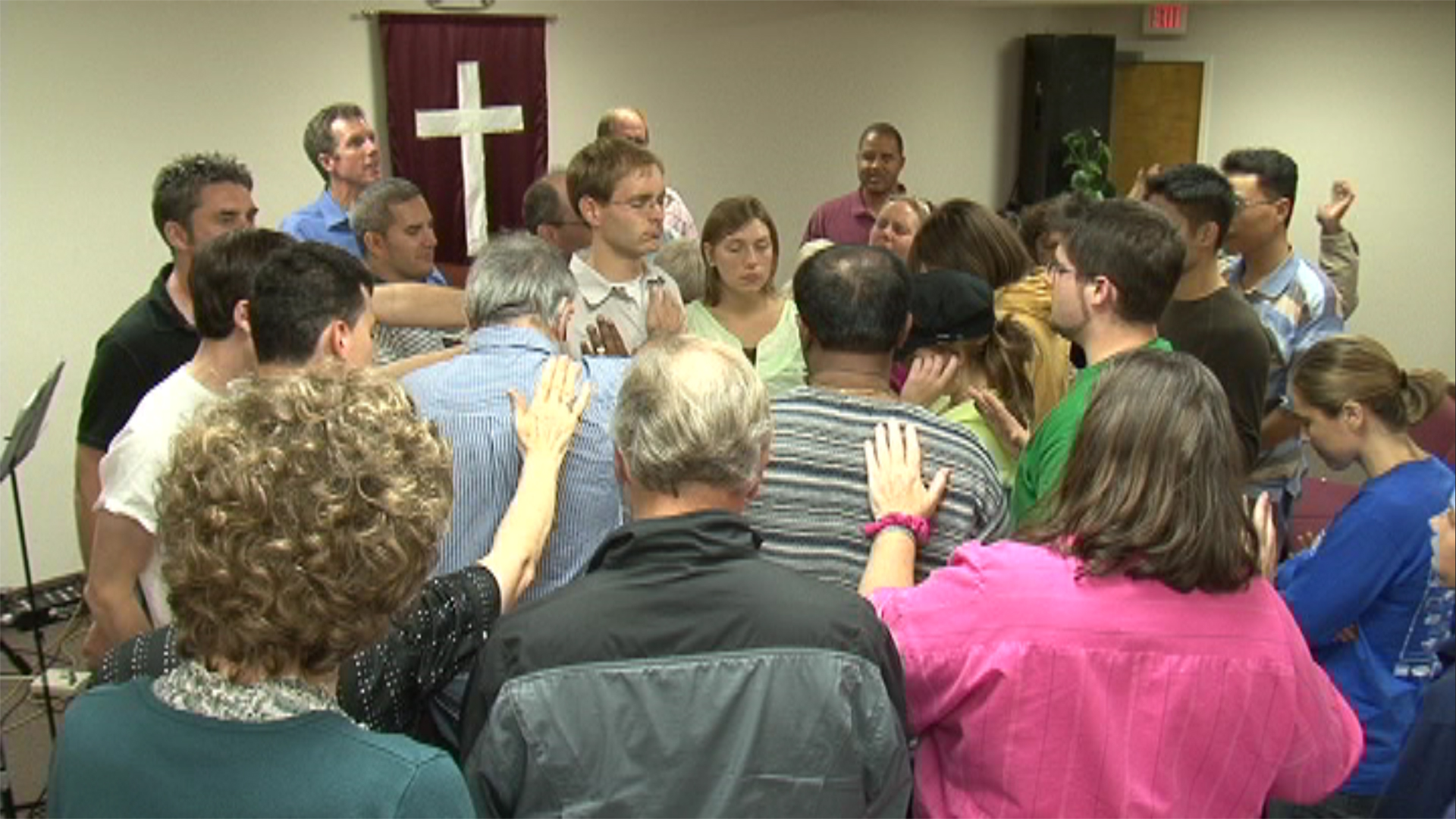


Some four thousand new evangelical churches are “planted” annually in the United States, springing up in schools, cafes and movie theaters replete with rock bands, new-age names and bathtub baptisms. But when a young modern-day missionary couple named David and Betsy Hill buck convention and plant their church in Boston, amongst the most secular cities nationwide, they soon find themselves at odds with the predominant culture. Frozen Chosen follows the Hills’ unvarnished and occasionally uncomfortable quest to win souls and build their fledgling congregation and in doing so illuminates the larger story of a fundamentalist faith struggling to remain “culturally relevant” in an increasingly polarized society. It also lays bare the consequences of the Hills’ religious convictions, for both themselves and their followers. Paul comes to Fenway church in crisis over his sexuality and with David’s guidance, makes a decision with life-changing impact while Jordan finds God and gets baptized on the spot only to become troubled by the notion that there is just one right way to believe. David and Betsy, fervent but self-aware and bracingly honest, must wrestle with their own doubts as financial and spiritual pressures mount in their endeavor to be one of the few new churches to make it. Gaining intimate access to a world generally closed to outsiders, Frozen Chosen unexpectedly uncovers the universal in the Hills’ search for meaning and purpose while leaving it to viewers to reckon whether they are heroes or anti-heroes.
BACKGROUND/ARTIST STATEMENT
I made this film because the cultural divide that exists between those who live with religious conviction and those who live without it fascinates me. If America is a land of divisions (red vs. blue, North vs. South, New Yorker vs. Fox news), then religion must rank as one of the most profound as evidenced by the fact that our cultural politics have long been organized around the culture war, which places secular liberals on one side and religious conservatives on the other and bolsters the idea that we are “two countries in one nation”. For many Americans, it is possible to live their whole lives on one side of that cultural divide and rarely come into contact with someone with from the other side. After attending a wedding in small town Oklahoma (no liquor stores, one kwik-e mart, five evangelical churches, multiple teenagers in Jesus t-shirts), I was struck by the feeling that I had visited a foreign country. I decided that I wanted to make a film that brought those two distinct cultures together – the secular mainstream and the parallel Christian alternative—while shedding light on the nature of religious conviction in a modern-day, secular age.
By following these church planters’ attempt to cross the cultural divide and reach the "unchurched" secular masses, while at the same time delivering their absolutist message that “there is one right way to believe and one right way to live”, "The Frozen Chosen" questions whether there is a difference between religious and secular convictions and considers the costs, both personally and societally, of such absolutism. Is it possible that for a generation reared on relativism (1 in 3 people aged 18-25 have no religious affiliation, 70 percent of Americans now believe all religions are equally valid and there is no one “true religion) the structure and black and white nature of religious conviction may hold a special appeal?
The Frozen Chosen is not an advocacy film, for or against the evangelical faith. Rather, it’s a thought-provoking, nuanced and entertaining narrative story about the issues – faith, religion and culture – that can be the most polarizing in our country, made by a filmmaker that is an outsider to the faith.
